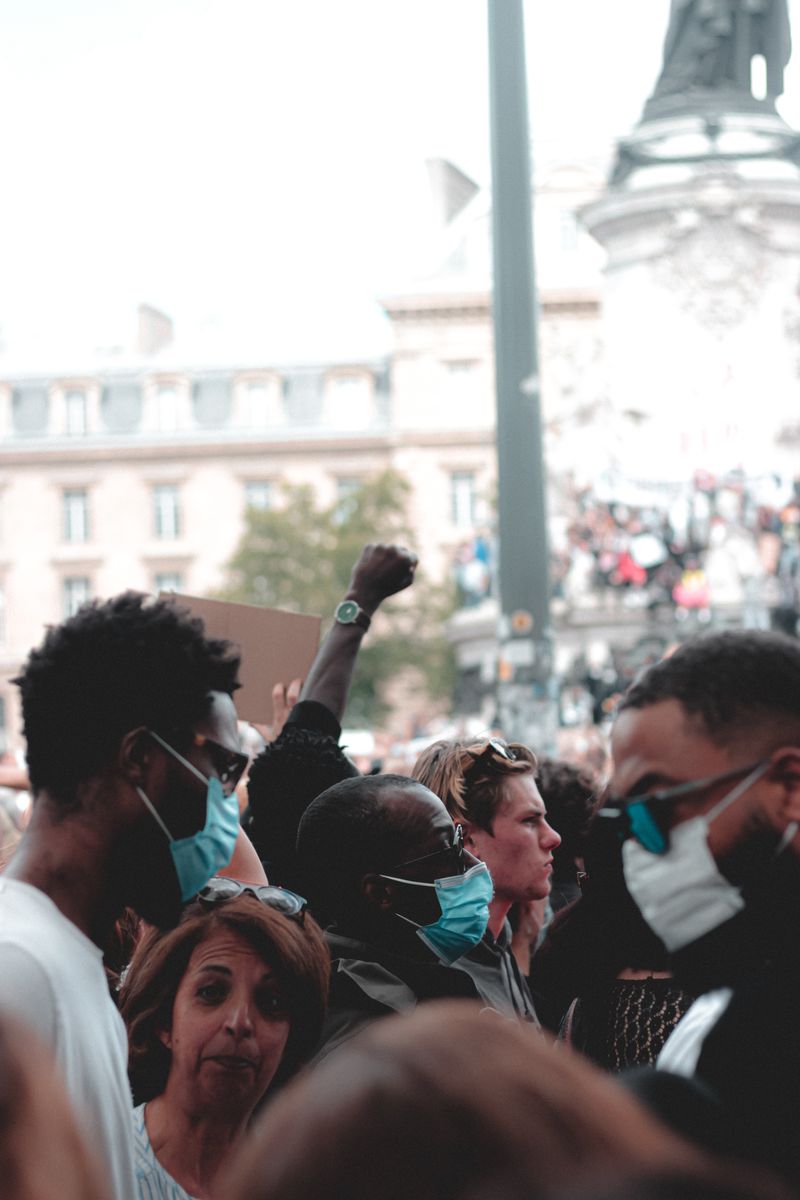Table of Contents
Ethiopia: Oromo Opposition Figures Held Despite Court Orders Release
Introduction
Ethiopian authorities have been called upon to release seven Oromo opposition figures who have been arbitrarily detained for almost three years, purely for their political roles. The Oromia police have held these senior members of the Oromo Liberation Front (OLF), a once-banned political opposition group, despite multiple judicial orders directing their release. This case highlights the urgent need for Ethiopia to reform its justice system, which has long been criticized for arbitrary arrests and politically motivated prosecutions.
Background
The Oromo people, the largest ethnic group in Ethiopia, have faced historical marginalization and discrimination. The Oromo Liberation Front, which fought for the self-determination of Oromos through a low-level insurgency, returned to Ethiopia in 2018 to pursue a peaceful political agenda. However, since 2020, several members of the OLF have been detained without charge, in violation of both Ethiopian law and international human rights law.
Violation of Due Process and Judicial Orders
The Ethiopian authorities have continuously violated the due process rights of the detainees. They have been held incommunicado, moved between detention sites, and denied access to lawyers and family members for extended periods, sometimes up to eight months. The police have also forcibly disappeared some of the detainees, further exacerbating the anguish experienced by their families.
One of the detainees, Abdi Regassa, was arrested in February 2020 on suspicion of killing a police officer. His whereabouts remained unknown to his lawyers and family members for over two months. The other detainees were arrested in July 2020, shortly after the assassination of an Oromo singer and activist. Since their arrests, the Oromia police have constantly shifted their locations, making it difficult for their families to track them.
Flouting of Court Decisions
Despite repeated court orders calling for the release of the detainees, the authorities have continuously appealed and defied these orders. Regional and federal courts have ruled in favor of releasing the detainees, including dismissing charges against some of them due to a lack of evidence. However, the Oromia public prosecutor has appealed these release decisions, resulting in the continued detention of the opposition figures.
The detainees and their families, as well as their lawyers, have exhausted all available legal avenues and are at a loss as to how to challenge the prolonged detentions. The denial of key legal protections and the outright refusal to abide by judicial orders are serious rights abuses that undermine the rule of law in Ethiopia.
Health Concerns and Mistreatment
The health and well-being of the detainees have been a significant concern. Despite detainees being allowed to receive medical treatment, the care provided has been delayed, interrupted, and inadequate. Some former detainees and relatives have reported instances of medical care being denied altogether.
One of the detainees, Kenessa Ayana, has experienced a rapid deterioration in his health. He now suffers from chronic diabetes and liver complications and requires crutches or a wheelchair to move. Another detainee, Gaada Gebissa, suffers from a Hepatitis B infection. It is imperative that Ethiopian authorities ensure that all detainees are treated with humanity and receive the necessary medical care as per international standards.
Call for Immediate Release and Justice Reforms
Human Rights Watch has called for the immediate release of the seven Oromo opposition figures. The authorities must comply with Ethiopian law, African regional law, and international human rights law, which prohibit arbitrary detention without charge or trial. The Ethiopian government must take proactive steps to reform its justice system, address the weaknesses and gaps that persist, and ensure that wrongful detention is no longer used as a tool of political repression.
In addition to the release of the detainees, the Ethiopian authorities should provide compensation for the mistreatment experienced during their detention and for the violation of their due process rights. It is also essential for the Ministry of Justice to hold officials accountable for failing to execute court decisions and respect the rights of the accused.
Conclusion
The prolonged and arbitrary detention of the Oromo opposition figures in Ethiopia highlights the urgent need for justice reforms in the country. The authorities’ disregard for court orders and the mistreatment of detainees are serious violations of human rights and undermine the rule of law. The international community must urge the Ethiopian government to release the detainees, provide them with adequate medical care, and undertake comprehensive justice reforms to prevent future abuses. The plight of these individuals should serve as a reminder of the importance of protecting the fundamental rights and freedoms of all individuals, regardless of their political affiliations.

<< photo by Mathias Reding >>
The image is for illustrative purposes only and does not depict the actual situation.
You might want to read !
- Will the international community take action to help civilians fleeing the Sudan conflict and being turned away in Egypt?
Title: International Response Needed: Assisting Vulnerable Civilians Fleeing Sudan Conflict Denied Refuge in Egypt
- Sudan Conflict: Urgent Call for Safe Passage to Fleeing Individuals
- Cameroon’s Unchecked Atrocities in Anglophone Regions: Demanding an End and Accountability
- Thailand’s Sham Charges: Political Maneuver to Prevent Candidate from Top Post
- Cambodia’s Controversial Election: Democracy Dimmed by Human Rights Crisis
- Europe Faces Moral Crisis at Rome’s Anti-Migration Summit
- Russia’s Repression Flares: 20,000 Activists Bearing Brunt of Anti-War Crackdown
- Iraq’s Draft Laws: Undermining Freedom of Expression and Peaceful Assembly
- West & Central Africa: Combating Corruption and Protecting Whistleblower Rights
- Paving the Way: Nepal’s Monumental Leap for Marriage Equality
- Reforming French Police: A Path to Stopping Controversial Practices
- Burundi Government’s Defiant Move: Walking Out on UN Review